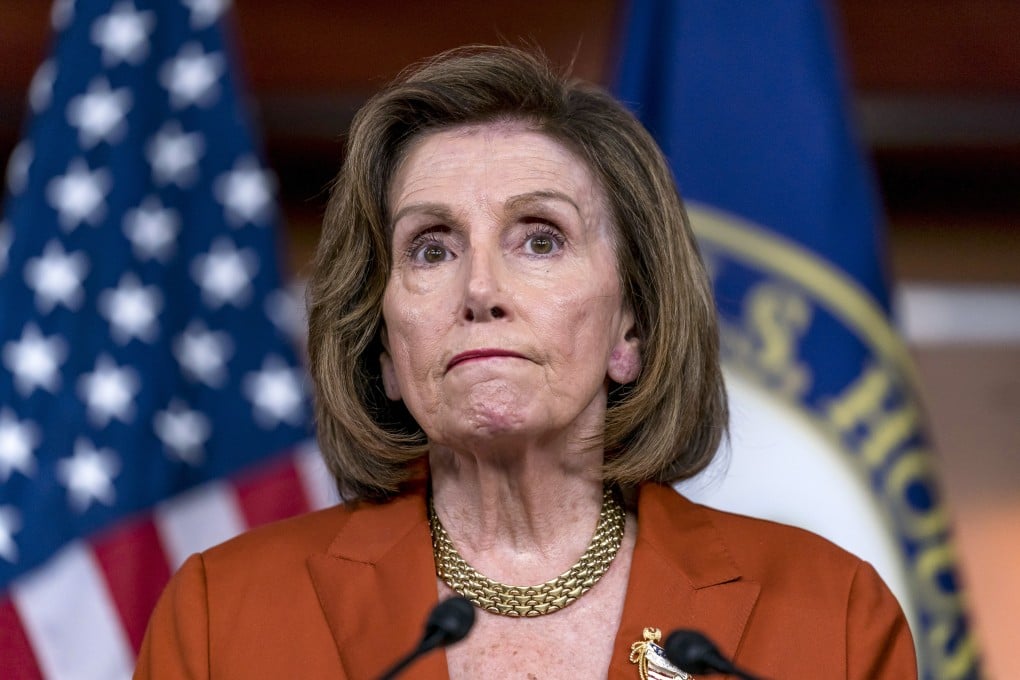Beijing warns US of ‘forceful’ reply to Taiwan visit by Pelosi
- Planned visit by US House Speaker Nancy Pelosi would ‘shake the political foundation of China-US relations’, Chinese foreign ministry says
- The risk and cost would be huge, Chinese Academy of Social Sciences analyst warns

The talks would aim to manage increasing tensions between the two rival nations, but a Taiwan trip by Pelosi risks upending that mission, Chinese diplomatic observers warned.
“All efforts to [maintain bilateral ties] will be in ruins if Pelosi goes ahead with the trip, no matter whether Xi and Biden have a good talk,” Lu Xiang, US-China expert at the Chinese Academy of Social Sciences (CASS), said.
“The risk and cost would be huge, and it could possibly be a game changer.”
Chinese foreign ministry spokesman Wang Wenbin said Pelosi’s trip would be a serious violation of Beijing’s sovereignty and severely “shake the political foundation of China-US relations”.
“If the US insists on going its own way, China will take forceful measures to resolutely respond and counter it, and we will do what we say,” Wang said on Thursday.
